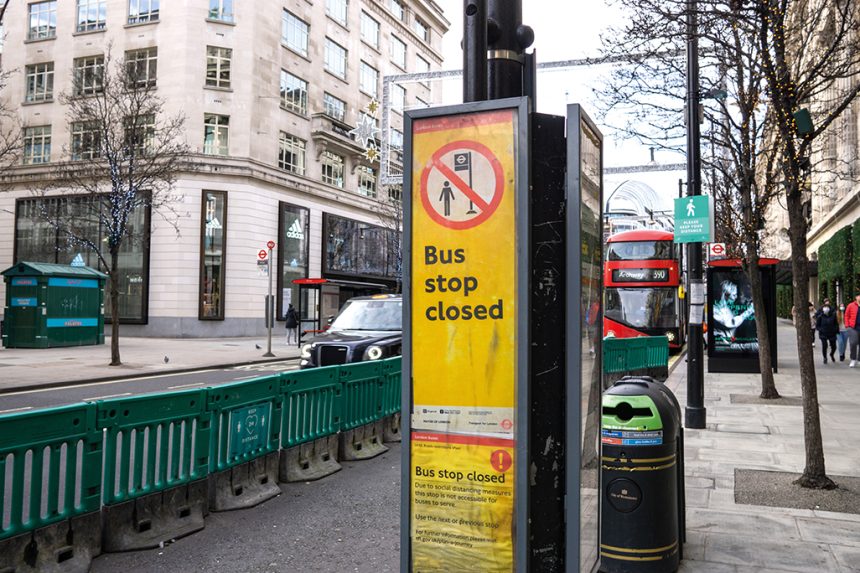Bus services took centre stage as the Transport Committee heard from key stakeholders about the impact of street works on 5 March.
Keith McNally, Confederation of Passenger Transport (CPT) Operations Director, was among witnesses, adding to written evidence from the body regarding the negative effect on bus services. Among the issues he raised was feedback that the number of street works undertaken on an emergency basis have increased.
“Our members say to us that a very high proportion seem to be on an emergency basis. Those are the ones where they get little or no notice,” he told the committee.
Jack Cousens, AA Head of Roads Policy, noted that the Asphalt Industry Alliance’s annual survey showed the overall number of utility openings of the road increased from 13,200 to 17,000 per local authority between 2013 and 2018.
Mr McNally observed there is “room for improvement” on standards for temporary bus stops. “From our industry’s perspective, there don’t seem to be a lot of standards… We have probably all seen a temporary stop somewhere that is not really suitable for disabled people.”
At a subsequent hearing, the Committee was told the increase in volume of street works was in part due to green projects and broadband installations. During that session, Clive Bairsto, Street Works UK Chief Executive, said that means to make works less disruptive were “underway”.
In particular, Till Sommer, Head of Policy, Internet Services Providers’ Association, noted the use of “flexi-permits,” which were currently being trialled and give roadworks bodies more flexibility, resulting in potentially quicker completion.



























